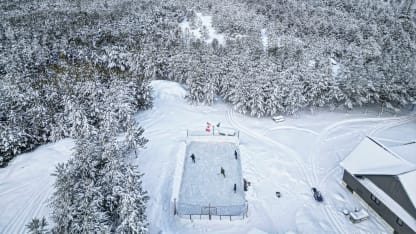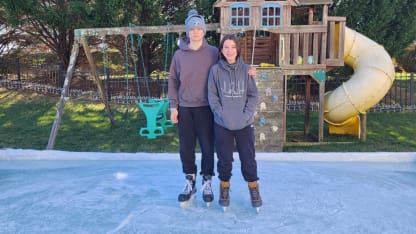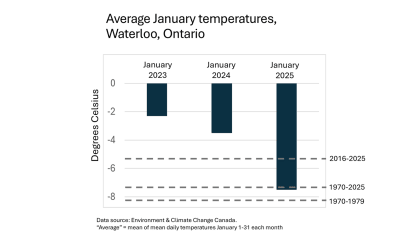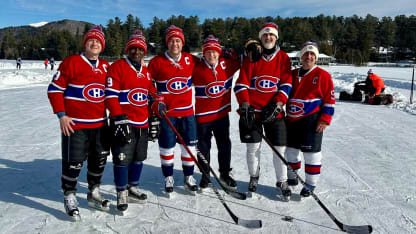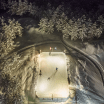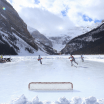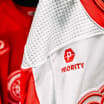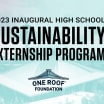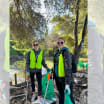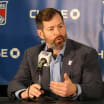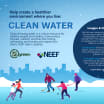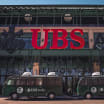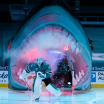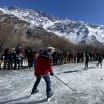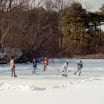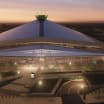As part of the NHL Green initiative celebrating Green Month in April, NHL.com will feature stories on how the NHL is looking to grow and protect the game of hockey and its communities for generations to come. Today, Robert McLeman from Wilfrid Laurier University and the RinkWatch Project, writes about this year’s outdoor rinks. NHL Green and RinkWatch have been working together since 2016 with a common of goal of protecting our game and planet for future generations.
The U.S. National Oceanic and Atmospheric Agency recently announced that 2024 was the hottest year since reliable records first started being kept in the 1850s. In fact, the 10 hottest years ever recorded all have occurred since 2014. But if the world is getting so hot, why was the winter of 2024-25 such a good one for outdoor skating rinks?
Me and my colleagues at Wilfrid Laurier University have been gathering skating reports from outdoor rinks (ODRs) across North America since 2013 through the RinkWatch citizen science project. This past winter, most of our participants -- especially ODR makers in eastern North America -- told us they had the best skating season in many years. A cold spell in mid-January 2025 saw people building ODRs in South Carolina and Tennessee -- states with great NHL fans, but not areas we associate with outdoor skating. We also saw ODRs popping up in areas of Atlantic Canada and the northeastern United States that hadn’t seen outdoor skating in several years. In more reliably cold areas like western Canada, northern Ontario and northern Quebec, ODRs were skateable well into March and even early April.
